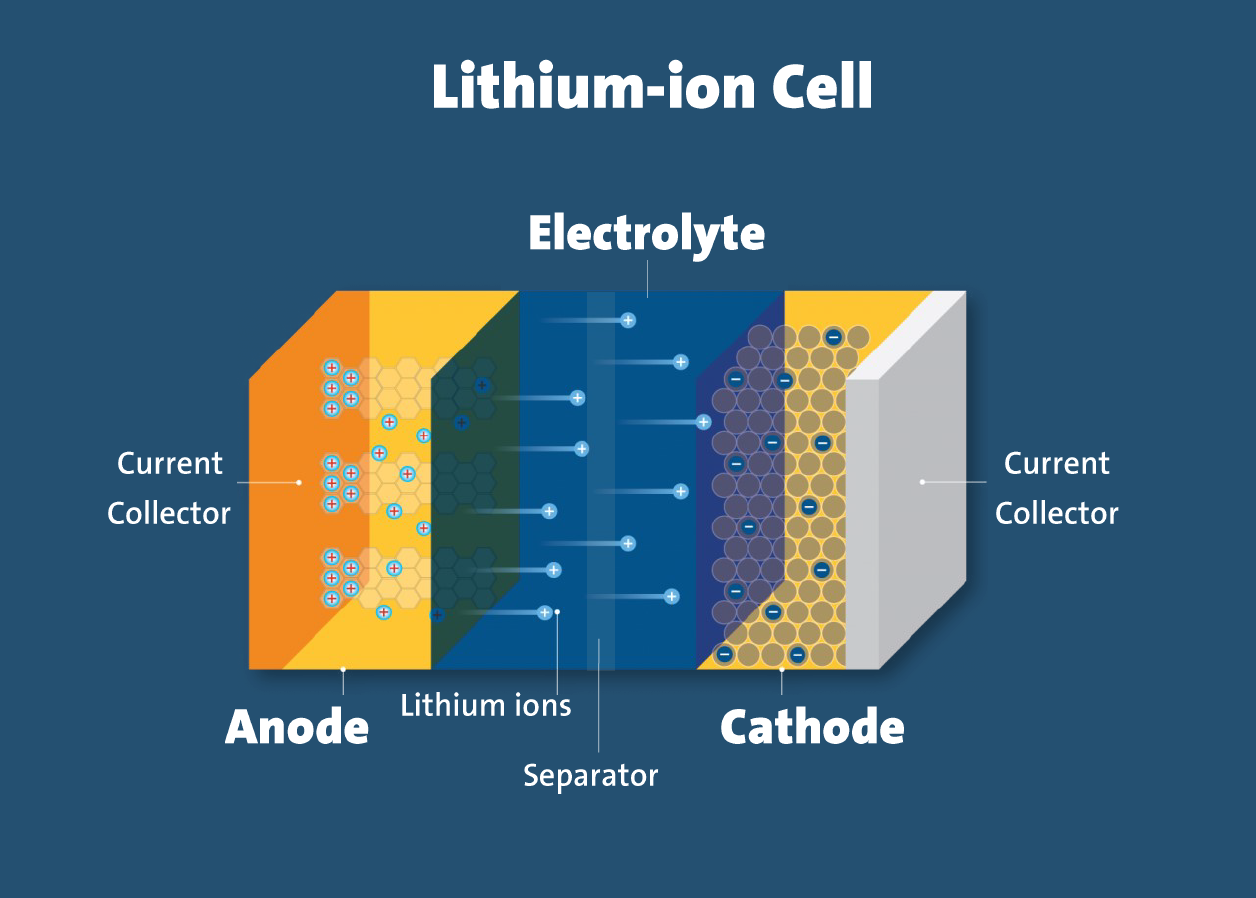
The next frontier in battery technology encompasses advancements aimed at improving energy density, charging speed, lifespan, and safety. Key areas of innovation include solid-state batteries, which promise higher energy densities and reduced fire risk compared to traditional lithium-ion batteries. Additionally, research into alternative materials such as silicon and sulfur could lead to breakthroughs in performance. Integration of artificial intelligence for battery management and recycling solutions also play a crucial role in shaping the future of battery Technology.
Lithium-ion batteries have been the workhorse of portable electronics for decades, but they have limitations. They take a long time to charge, have a limited lifespan, and can be bulky and heavy. As we move towards a more electrified future, with electric vehicles and a growing reliance on renewable energy sources, there's a critical need for next-generation battery technology.

• Solid-state batteries: These batteries use a solid electrolyte instead of a liquid one. This could offer several advantages, including faster charging times, higher energy density (meaning they can store more energy in a smaller space), and improved safety.
• Lithium-sulfur batteries: These batteries have the potential to store significantly more energy than lithium-ion batteries. However, there are technical challenges that need to be overcome before they can become commercially viable.

• Redox flow batteries: These batteries are large-scale storage solutions that are well-suited for storing renewable energy. They work by pumping a liquid electrolyte through a stack of electrodes.

• Metal-air batteries: These batteries use readily available materials like lithium and oxygen from the air to generate electricity. They have the potential to be very lightweight and high-energy density, but they are still under development.
Developing new battery technologies is complex and expensive. Researchers need to address challenges related to cost, safety, performance, and recyclability. However, the potential rewards are significant. Better batteries could revolutionize transportation, renewable energy storage, and many other aspects of our lives.
The next generation of battery technology could have a major impact on our everyday lives. Electric vehicles could become more affordable and practical, with longer ranges and shorter charging times. Renewable energy sources like solar and wind power could become more reliable and cost-effective. We could see new and innovative devices that are powered by long-lasting, lightweight batteries. The development of next-generation battery technology is an exciting area of research with the potential to transform our world. It's important to stay informed about the latest advancements and to support efforts to bring these new technologies to market.










